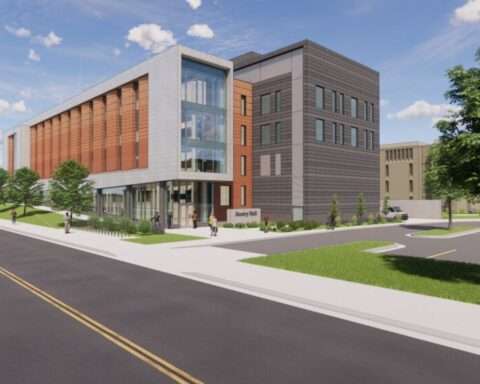Contractors working with the City of Baltimore can expect notable changes in how infrastructure projects are handled. On April 21, 2025, Mayor Brandon M. Scott signed an executive order to overhaul the city’s capital contracting system to increase efficiency, transparency and equity.
The directive tasks the Mayor’s Office of Infrastructure Development (MOID) with implementing 23 key reforms designed to modernize how Baltimore plans, procures and delivers infrastructure projects. The goal: reduce costs, eliminate delays and maximize the return on public investment.
The modernization plan will be rolled out in phases and focuses on improving several critical aspects of the contracting process. It intends to enhance transparency and accountability by strengthening oversight, reporting and project tracking. At the same time, it prioritizes equity by expanding access for Minority- and Women-Owned Business Enterprises.
Improved communication and coordination between city agencies and contractors are also central to the reforms. Operational efficiency will be addressed by streamlining internal workflows to reduce delays, while technology will play a key role in modernizing project management and procurement systems throughout city operations.
The first phase will launch in 2025, with early reforms targeting improved transparency, training and efficiency. Future phases will include regulatory updates and outreach initiatives, followed by long-term efforts to standardize contracting practices and enhance system-wide project management.
These changes will be adaptive and subject to periodic evaluation as the city works toward building a more accountable and inclusive infrastructure system.
Image by Kevin Seibel from Pixabay













